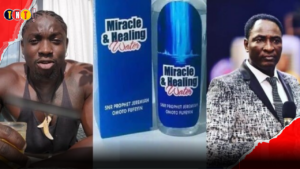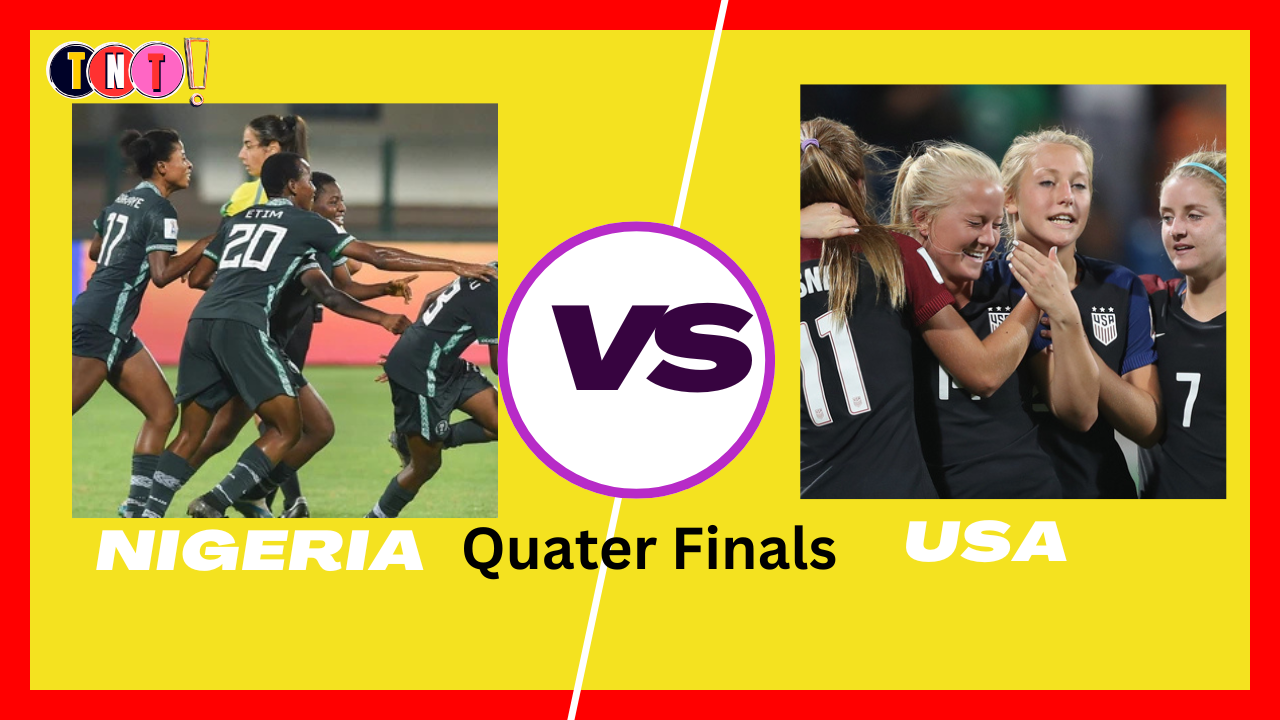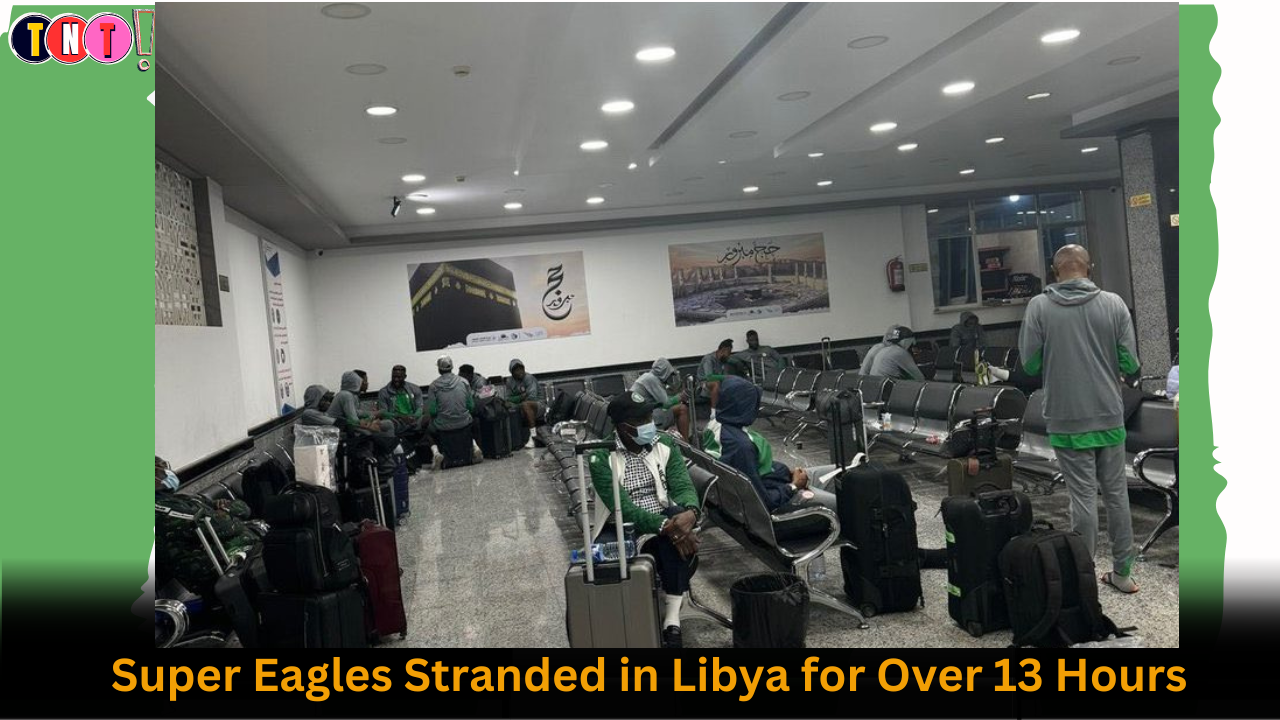VeryDarkMan, a popular Nigerian social media personality known for his outspoken nature, has been vocal in his criticism of various religious leaders, including Prophet Jeremiah Omoto Fufeyin. Prophet Fufeyin is a well-known Nigerian pastor and the founder of Christ Mercyland Deliverance Ministry.

How It All Began
The feud between VeryDarkMan and Prophet Fufeyin appears to stem from VeryDarkMan’s criticism of the pastor’s practices and the perceived commercialization of religion. VeryDarkMan has been known to call out religious leaders who he believes exploit their followers for financial gain, and Prophet Fufeyin has been one of the figures he has targeted.
On the other hand, Prophet Fufeyin, who commands a large following, has defended his ministry and his actions, asserting that his work is divinely inspired and aimed at helping people. The conflict has played out largely on social media, where both parties have made statements and accusations against each other, drawing in their respective supporters.
This situation highlights the growing tension between social media influencers and religious figures in Nigeria, as more people become vocal about their concerns regarding the actions of prominent religious leaders.
VeryDarkMan Vs Prophet Jeremiah Omoto Fufeyin on Defamation Charges
The conflict between VeryDarkMan and Prophet Jeremiah Omoto Fufeyin escalated when Prophet Fufeyin filed defamation charges against VeryDarkMan. The charges were based on allegations made by VeryDarkMan against the prophet, accusing him of exploiting his congregation and engaging in practices that VeryDarkMan deemed unethical.
VeryDarkMan, known for his controversial takes on social media, made several videos and posts where he criticized Prophet Fufeyin, accusing him of deceit and fraud. In response, Prophet Fufeyin took legal action, claiming that these accusations were false and damaging to his reputation and ministry. The defamation suit seeks to hold VeryDarkMan accountable for what Prophet Fufeyin and his legal team describe as baseless and harmful allegations.
The case has drawn significant attention online, with supporters of both men weighing in on the matter. VeryDarkMan’s followers see his actions as a crusade against corruption and exploitation in religious circles, while Prophet Fufeyin’s supporters view the lawsuit as a necessary step to protect the integrity of his ministry.
As the case proceeds, it raises important questions about freedom of speech, the power of social media, and the limits of criticism, particularly when it involves influential religious figures. The outcome of the defamation charges will likely have broader implications for how similar conflicts are handled in the future.
Holy Water Showdown: VeryDarkMan Test Prophet Omoto Fufeyin’s Miracle Water
The situation involving VeryDarkMan and Prophet Jeremiah Omoto Fufeyin took another turn when VeryDarkMan decided to publicly test and review Prophet Fufeyin’s holy water, which was being sold as a spiritual product by the pastor’s ministry. This action was part of VeryDarkMan’s broader campaign to scrutinize religious practices that he believes may be misleading or exploitative.
VeryDarkMan, known for his critical stance against certain religious figures, purchased the holy water, which Prophet Fufeyin and his ministry claimed had divine healing powers. In his characteristic style, VeryDarkMan recorded and shared his experience with the product on social media, expressing skepticism about its purported benefits. His review was laced with criticism, as he questioned the legitimacy of selling such spiritual items for profit and whether they actually delivered on their promises.
This act further fueled the tension between VeryDarkMan and Prophet Fufeyin. While VeryDarkMan’s followers applauded his boldness in challenging what they see as religious exploitation, supporters of Prophet Fufeyin viewed the move as disrespectful and provocative. They argued that the holy water was a matter of faith, and its effectiveness could not be judged in the manner VeryDarkMan attempted.
Conclusion
The incident highlights the ongoing debate in Nigeria over the commercialization of religious items and the role of social media in holding religious leaders accountable. It also underscores the deep divide between critics of religious practices and those who defend them, often leading to highly publicized and contentious disputes.



